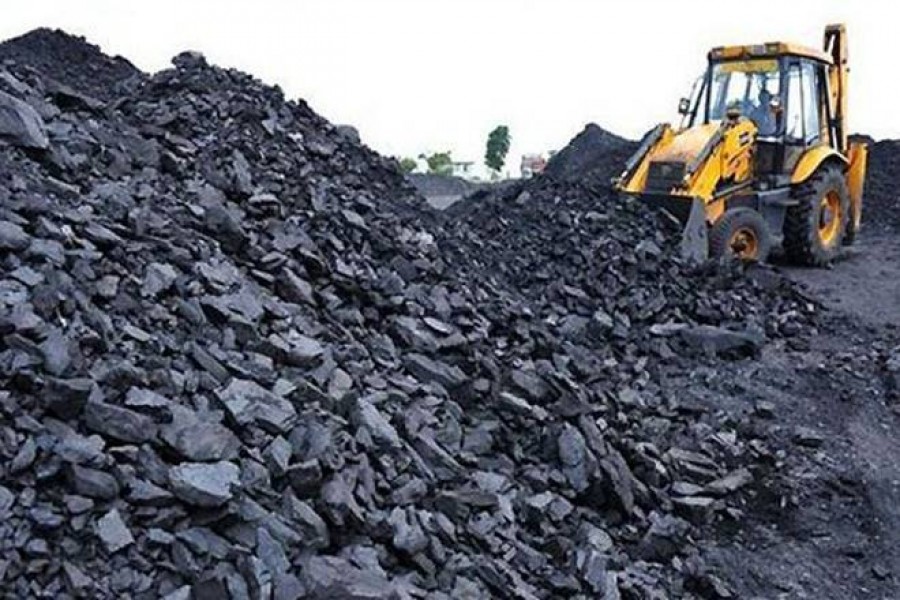The relevant state minister's statement, made during an interview with this paper recently, to the effect that the government has a plan to develop the country's unexploited coalmines using the state enterprises concerned would be appreciated, at least, for a couple of reasons. Firstly, the start of the development work would bring an end to the stalemate over the fate of coalmines holding a large reserve of quality coal. Secondly, if and when exploited, these mines would feed a number of major coal-fired power plants that are now under different stages of implementation. Otherwise, the government would have to import a substantial volume of coal at a huge cost annually.
The fact remains that successive governments did suffer from indecision over the ways and means of exploiting the coalmines, partly for environmental and partly for technical reasons. The country is now extracting coal from only one coalmine at Barapukuria out of five mines discovered so far. The coal mining authority at Barapukuria has been using the conventional underground mining method that disturbs both nature and human settlements far less than the process of open-pit mining. However, the latter remains the most cost-effective and efficient way of coal mining.
There is no denying that coalmining is a tricky and sensitive issue for a densely populated country like Bangladesh. No matter whatever method is used for coal extraction, there would be displacement of people and environmental degradation in and around coalmines. However, the extent of damage does depend on the methods employed in coalmining. Undeniably, these particular issues have been holding the government back from taking decisions on extraction of coal reserves from virgin mines. The violent incident involving the Phulbari coalmine in August 2006 and the opposition to open-pit mining coming from the rights activists also worked as a disincentive to a great extent. Thus, the authorities concerned, deliberately, had decided to drag its feet on the issue taking refuge under the so-called process of formulating appropriate coal policy.
Now there is an urgent need for bringing about an effective change in government approach to country's coal reserves. The government would need a substantial volume of coal for running its power plants. Its import would cost the state coffer hugely. Besides, spending a huge sum every year on coal import when the country is blessed with huge reserves of quality coal would not make any sense. However the fact is that coal, a variety of fossil fuel, is no more preferred globally. Rather, it is considered one of the major polluters of environment. Many developed countries are now shutting off their coal-fired power plants and switching over to renewable energy sources. Days are not far off when coal will be discarded as a fuel.
Bangladesh, for reasons of cost, has opted for coal-fired power plants. To reduce the operating cost further, it would be prudent to extract coal from the maximum possible number of mines, instead of leaving this hard fossil fuel as it is underground. The studies, as mentioned by the state minister for power, energy and mineral resources, on the use of coal need to be expedited.


